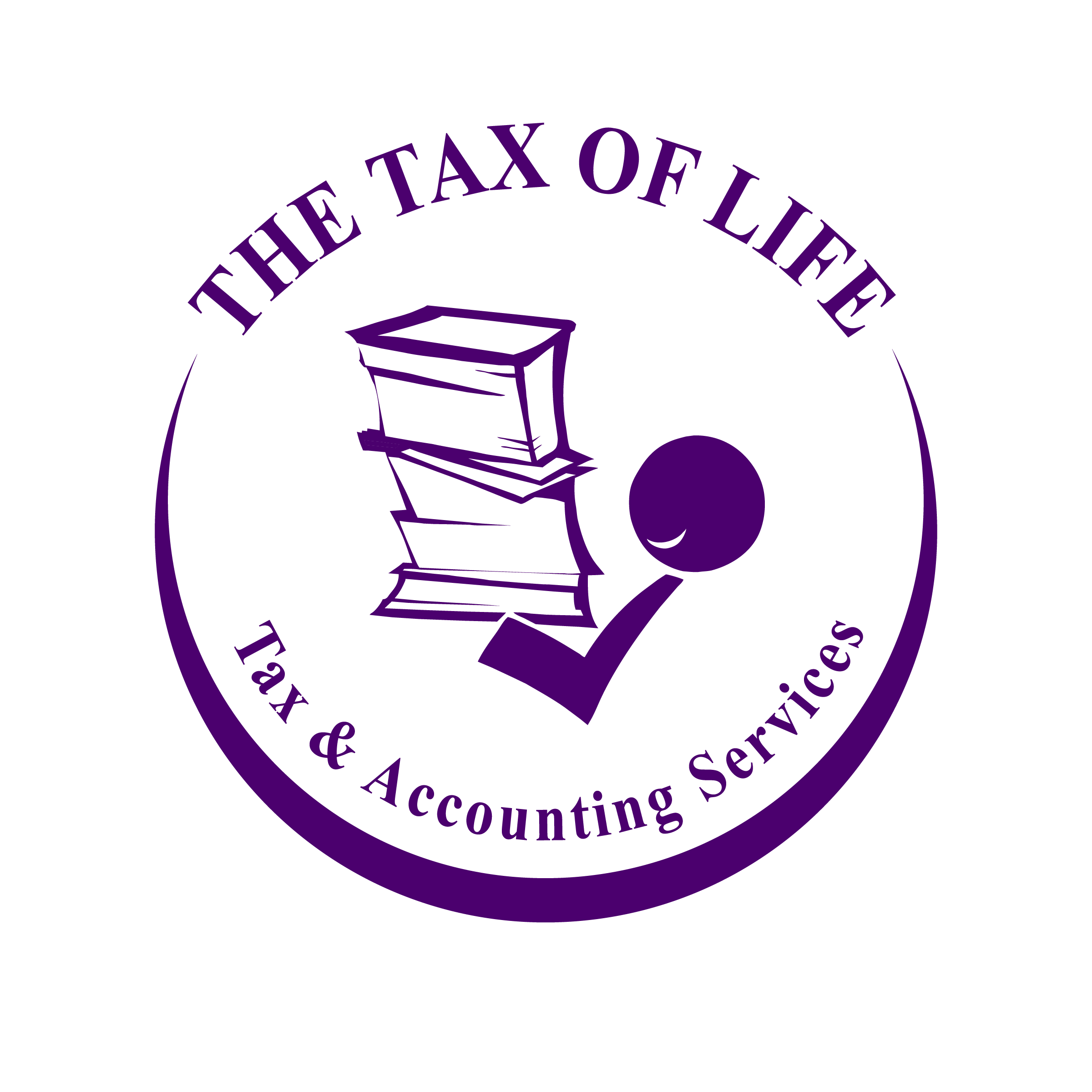New Tax Bill
Published February 2nd, 2024
A new tax bill has passed the House that may affect your 2023 tax return retroactively... in a good way. While it is not law yet, the bill may help those with low income receive more additional child tax credit on their return.
So, how does it work? Well, first, we need to understand the difference between a nonrefundable credit and a refundable credit:
A nonrefundable credit is a credit that reduces your tax bill but the tax bill cannot go below $0.
For example, if you have a $1,000 income tax bill and $1,200 in nonrefundable credits, the maximum credit is worth $1,000 since it can’t make your income tax bill go below $0. However, if you instead had a $1,500 income tax bill, you would get the maximum $1,200 credit since it doesn’t bring it below $0.
A refundable credit is just the opposite; it CAN go below $0 (per se).
For example, using the above $1,000 tax bill but with $1,200 in REFUNDABLE credits, your maximum credit is $1,200, and you will receive the extra $200 as a refund.
So, how does the bill work if it passes? The child tax credit is worth up to $2,000 per qualifying child as a nonrefundable credit. However, if you are low income, you typically don’t have a tax bill or a very low tax bill and would otherwise lose out. That’s where the additional child tax credit, a refundable credit, comes into play and is the topic of the bill that passed the House. Presently, based on your income and number of dependents, you are allowed an additional child tax credit of up to $1,600 per child (80% of the nonrefundable credit).
If the bill passes, the additional child tax credit will increase to up to $1,800 for 2023, $1,900 for 2024, and max at $2,000 for 2025. This means that, for 2023, families could be seeing up to $200 per child extra in their refund.
So, does that mean you should wait to file? Not necessarily. You may still file while the bill is still being passed if you need access to your refund sooner. Afterwards, you will be able to either file an amended tax return to claim the remainder of the credit or, in the case of a couple of years ago, the IRS will automatically refund the remainder to your distribution option of choice.
If you have any questions regarding the additional child tax credit or any other tax issue, feel free to contact the Tax of Life at (781) 535-9256. We are open year round and offer assistance with all tax types and free amendments in the event of IRS changes like the one above.
IRS.gov - child tax credit and additional child tax credit
USA Today news article regarding bill
Written By: Robert A. Castiello, E.A.
Disclaimer: This information is accurate as of February 2nd, 2024. Tax laws and regulations are subject to change. Please consult the latest legal resources or a tax professional to ensure you have the most current information.


